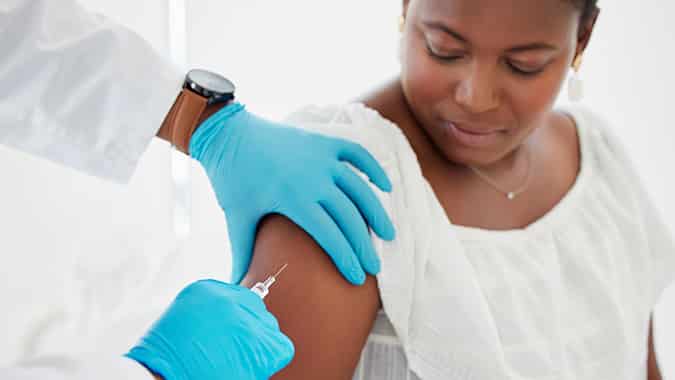Gov. Phil Murphy took two positive steps to help restaurants and small businesses this week. But will they be enough for business owners after nearly a year of capacity restrictions?

NJBIA President and CEO Michele Siekerka said it all depends on each business’ individual situation and needs.
“What we saw this week from the governor were certainly good signs and hopefully an indication of better things to come, especially as we head toward warmer months,” Siekerka said. “However, the overall impact of what it means to a business’ bottom line is going to be situational.
“For those who are barely surviving, or need greater capacity, or don’t have the option to provide outdoor dining, these steps may not be enough. For those who have hung on a little stronger or are not constrained to curfews established by municipalities, these steps should help them along nicely.”
On Wednesday, Gov. Murphy signed an executive order that allows restaurants to increase indoor dining capacity from 25% to 35%. The capacity order also applies to indoor entertainment and recreation venues, including casinos and gyms and personal care businesses, such as barbershops and salons.
Additionally, the 10 p.m. statewide curfew that restaurants were operating under was lifted. However, municipalities or county governments will still be able to regulate service hours after 8 p.m. as had been permitted since mid-November.
On Friday, Gov. Murphy signed legislation that will expand opportunities for outdoor dining in New Jersey, by way of a framework to allow restaurants, bars, distilleries, and breweries to use outdoor space or public sidewalks as extensions of their business premises.
The bill also extends the effective period of permits issued under an ABC special ruling made last summer that allowed licensees to expand the premises where they can serve alcoholic beverages to include outdoor spaces.
Restaurants will now be able to maintain the permit through November 30, 2022, or the date at which indoor dining returns to full capacity at restaurants – whichever is later.
What remains to be seen is how, or if, these steps will impact the progress of bill S-3093, which directs the governor to implement county-based plans for safely reopening businesses, rather than the statewide, one-size-fits-all executive orders used since the pandemic hit last March.
That bill passed through the Senate unanimously on Jan. 28 and is expected to be considered soon by the Assembly.
“We’ve seen this scalpel approach for safe reopenings work effectively in our neighboring states,” Siekerka said. “It will enable counties that have fewer COVID-19 cases to avoid the restrictions imposed in places throughout the state-where those numbers are higher.
“This bill is important because New Jersey has 31.4% fewer small businesses than it had a year ago. If it can somehow go the distance, the livelihoods of more business owners will be saved, and more people can get back to work.”




